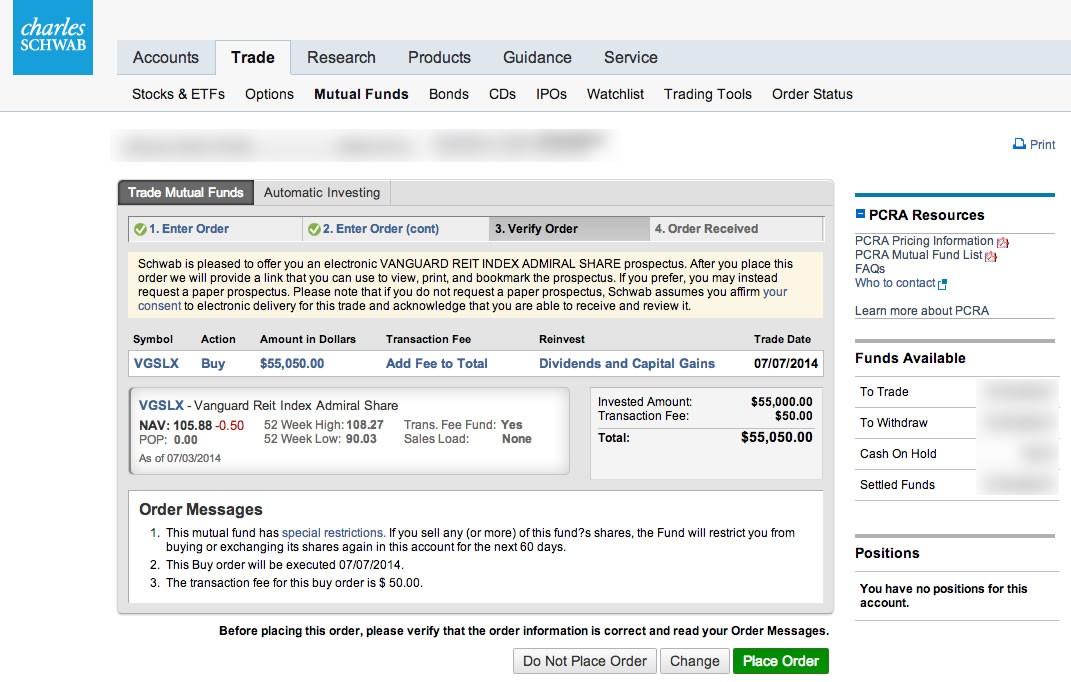Schwab Cuts 401(k) Fees and Adds Personal Advice
Post on: 2 Август, 2015 No Comment

Andrew Burton | Bloomberg | Getty Images
In the fight for its share of the 401(k) market, Charles Schwab thinks it has struck on a solution that works for everybody.
The company has reported that its year-old Index Advantage program has reduced management fees for its customer’s corporate employees by 77 percent, while allowing Schwab to recoup much of those savings in the form of subscription fees for personal financial advice.
The brokerage firm’s Index Advantage program, advertised as a rethink of the normal 401(k), delivers its low fees by offering only index funds, which typically charge 60 to 70 fewer basis points than actively managed mutual funds. It’s a plan for the benefit of savers, rather than investors, said Steve Anderson, executive vice president of Schwab Retirement Plan Services
Schwab’s low-cost solution is part of the lively recent competition among large financial services firms to appeal to clients by dropping their management fees. Fees can cost the median two-income household more than $154,000, or about one-third of that family’s typical returns, over the life of the investment, according to figures from the think tank Demos.
Expense ratios for many funds have been falling for years as employee participation and 401(k) account balances have grown. But egged on by new disclosure rules for 401(k) fees and by the growing popularity of low-fee index and ETF funds, Vanguard, Fidelity and BlackRock have all been knocking down both fees and minimum deposit barriers on their funds.
Later this year, Schwab will introduce an Index Advantage option that offers only ETF funds.
Corporate clients who switched to Schwab’s new program over the past year saw their employees’ fee ratio drop to just over $14 per $10,000 invested from $65 per $10,000, according to Schwab.
But almost all of those employees gave back some of those gains by paying Schwab 45 basis points, or $45 per $10,000, to receive one-on-one advice from third-party retirement counselors retained by Schwab. The employees who get the advice sessions still end up with a better-than-average expense ratio, while Schwab collects much of what used to go to management fees.
Some 90 percent of employees who were offered the advice participated in the plan, Schwab said.
As pension benefits have collapsed, some economists have been looking to boost rank-and-file employees’ investing savvy as a key to making 401(k)s a viable replacement for retirement income. More financial know-how, the argument goes, will improve workers’ chances of ending up with the right asset allocation, and enough money, to survive into old-age.
Schwab’s combination of low fees and personalized advice seems to answer this need. The information we get from employers is very data rich, said Anderson. We have age, salary, current account balance, and we can make projections on Social Security benefits. Why not use this data to build out a better model for the employee, rather than just look at his or her age?
Schwab cites data showing that employees who have gotten professional advice have tended to save twice as much as those who don’t. We know this advice moves the needle, said Anderson.
But other experts say the potential effects of education are overblown. While he praises Schwab’s switch to index funds and their lower fees, Robert Hiltonsmith, the author of the Demos study on hidden costs in 401(k)s, said the advice component is a red herring. What most people need is a place to put their money where they will get normal market gains over time, he said.














